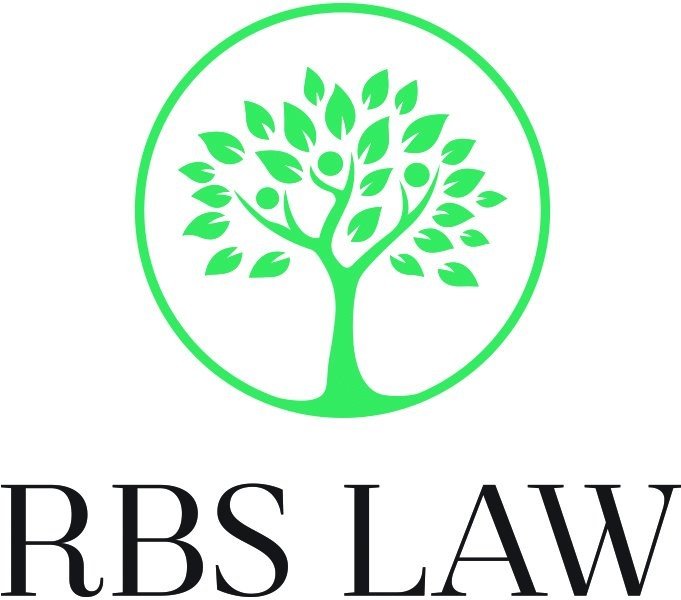FAQs
Do you need an attorney to create an estate plan?
You do not need an attorney to create an estate plan but it is highly recommended that you use one. While there are ways to use basic forms from the internet or software programs, there are several risks with going that route. An estate planning attorney will be able to take your assets, goals, and wishes, into consideration and create a tailored estate plan for your specific situation. Forms and software cannot do that. The attorney will also ensure that yoru goals are being met based on yoru beneficiary designations and that you and your loved ones are protected. Attorneys also help to avoid costly probmes and family disputes with proper drafting.
What documents are a part of a basic estate plan?
In general, an estate plan includes an instrument to distribute your estate, such as a will and/or trust, a document detailing your health care decision preferences and an agent who will make them (i.e. Medical Durable Power of Attorney), an agent to make financial decisions for you when you are incpacitated (i.e. General Durable Power of Attorney), a living will (i.e. Advanced Directive) detailing your end of life wishes, and burial instructions. You may only need some of these or be able to afford a few right now. An estate planning attorney can help you determine your specific needs.
What is the diffrence between probate assets and non-probate assets?
Probate assets are the assets that will be distributed pursuant to your will after you pass away. The asset must be owned independently by you to be controlled by your will. These assets can include real property titled in your name only or held as a tenant in common, personal property (i.e. jewerly, furniture, and cars), bank acounts in your name only, any interest you have in a partnership, corporation, or limited liability company, and/or any life insurance policy or brokerage account that lists either you or your estate as the beneficiary.
Non-probate assets will not have to go through a probate proceeding. These assets can include real property that is held in joint tenancy or as tenants by the entirety, bank or brokerage accounts held in joint tenancy, bank or brokerage accounts with beneficiary desginations (i.e. payable on death or transfer on death accounts, insurance policies, 401(k)s, IRAs, and annuities), any property you put in trust. Assets with a beneficiary designations will pass directly to the beneficiary upon your death.
What is the difference between a joint tenancy, tenants by the entirety, and tenants in common?
A joint tenancy with right of survivorship means two or more people own equal shares of the same property at the same time and when one of them dies, that share automatically passes to the remaining joint tenant(s). Tenants by the entirety is like a joint tenancy but usually between a husband and wife with each having a half share. They cannot sell the property without the consent of the other. Tenants in common is a form of co-ownership by two or more persons. They do not have to have equal shares. When one tenant dies, their share will pass to their heirs (hopefully named in their will) and they will become the new tanants in commomn with the other remaining tenant(s).
What is the difference between a Medical Durable Power of Attorney and a Living Will/Advanced Directive?
In a MPOA document, you designate a person as your agent who will then be able to make heatlh care deicions on your behalf when you are unable to make them yourself (i.e. incapacitated). This document and the agent only retain their power and validity during your lifetime and it becomes void upon your death (i.e. "durable").
In contrast, a living will, also called an advance directive, deals only with your end of life decisions. It is much more specific and narrow than the Medical Power of Attorney. The document specifies your end of life decisions, such as when you wish to have life support and/or artificial hydration and nutrition withdrawn. You can specifically tailor these options to fit your wishes.
What is a fiduciary?
A fiduciary is the person who you designate to act on your behalf when you are unable to speak for yourself due to death or incapacity. A fiduciary can be named to fill several different kinds of roles, such as executor/personal representative of your estate named in your will, a trustee named in your trust, or agents you designate in your powers of attorney. When choosing a fiduciary for a specific role you should make sure they are trustworthy, know your wishes, are assertive, and are responsible enough to take on the role they are assigned, You can name family members, friends, or hire a professional fiduciary.
Do beneficiary designations supersede a will or trust?
Yes, if you make beneficiary designations (on a bank account, life insurance policy, retirement account, or other) the account will pass directly to the designated beneficiary upon your death. Even if your will or trust specifies a different plan for the account, the designation trumps that.
Are handwritten or oral wills valid?
Handwritten wills can be valid if certain requirements are met. However, they create huge issues in probate and usually end up costing more money than how much it would cost to hire an attorney to professionally execute a will. Oral wills are not valid.

